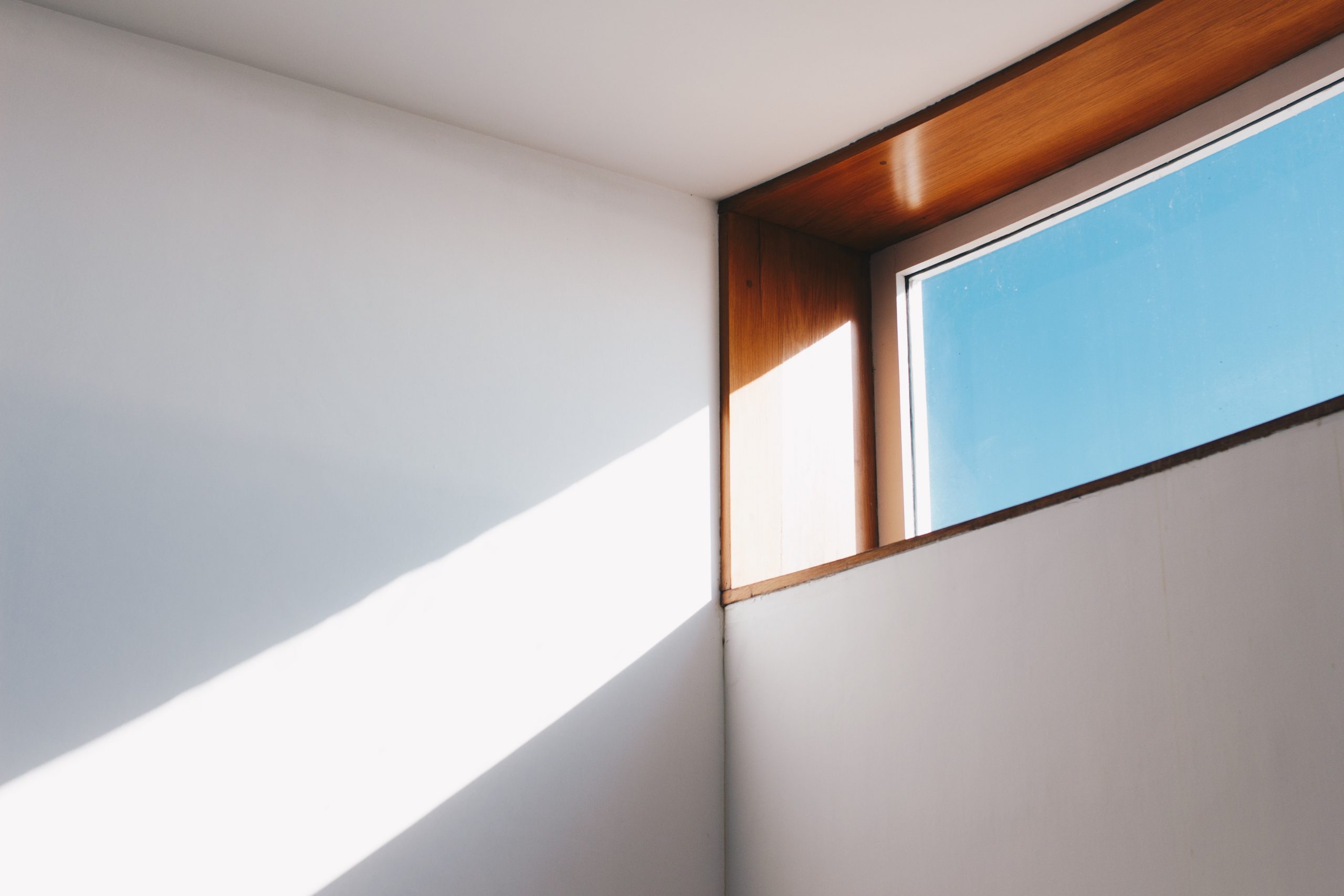Finding the right location is an important part of the filmmaking process during pre-production. Beyond a location fitting your film or documentary aesthetically, we need to consider some of the other characteristics of the space,
The more you know about a location, the fewer surprises or problems you might run into later. Safety is the number one priority, after that, you are looking for anything that might affect your ability to shoot at that location.
Why Is A Recce Important?
Time is money, and the cost adds up quickly when you are talking about equipment, crew, and locations.
Imagine for a moment you have a film with three actors, and thirty extras, you are renting the location. Your production costs are ticking by the minute, the last thing we want is to run into a problem whilst on the clock that could prevent or interfere with your shooting on location.
How Do I Personally Conduct A Recce?
Before I start shooting at a location, I organize a time well before the production to explore and document the location. I take a camera, notepad, and a friendly attitude, I meet with the owner and ask them to walk me through the property. Or I ask If I can look around, usually most owners are busy, and this can work to your advantage as you can explore at your own pace.
I use the following questions when visiting a location.
Sounds:
- Can I hear road noise?
- What objects or people can I hear in this space?
- What types of devices are in this room that could emit noise?
- Will noise be a problem on the day?
- Does this space have reverb or bad audio characteristics?
- What material are the walls and floor and how will this affect me when shooting?
Lighting:
- What sort of lights does this location use?
- How bright are they?
- Can they be turned off?
- What direction do the windows face?
- What sort of natural light does this space get?
- Do the windows have blinds or curtains, can they be operated by us?
Power:
- Where are power points located?
- How many does this facility have?
- What is the capacity of the circuit?
- Will we have access to the switchboard?
- Where is the switchboard located?
WARNING: Check local laws around accessing electrical panels, in some areas only certain qualified people are allowed to enter electrical, plant rooms.
Parking & Transport:
- Does this location have off-site parking?
- If so, how many cars can we park here?
- What Public Transport routes are nearby?
Safety:
- Does this site have any hazards?
- What are potential hazards?
- Does this site have toilets?
- Will I need to provide extra toilets on the day to accommodate for crew?
- Does this site have fire exits?
- Does this site have clearly marked emergency exits?
- Does this location have a shaded area for the crew to rest and retreat from the sun?
- Does this site have access to drinking water?
Access Related Questions:
- How will I gain access to the site on the day?
- Who controls access and how will I obtain access?
- Who will I contact if I run into a problem?
- Does the site have access control or security systems, who will manage these and will I need access to these systems?
- Does this site have wheelchair-friendly access?
Things You Can’t See:
- Is this site close to an airport?
- Is their industry nearby who is operating radio equipment that might interfere with my radio mics?
- What are cell and internet access like at this location?




